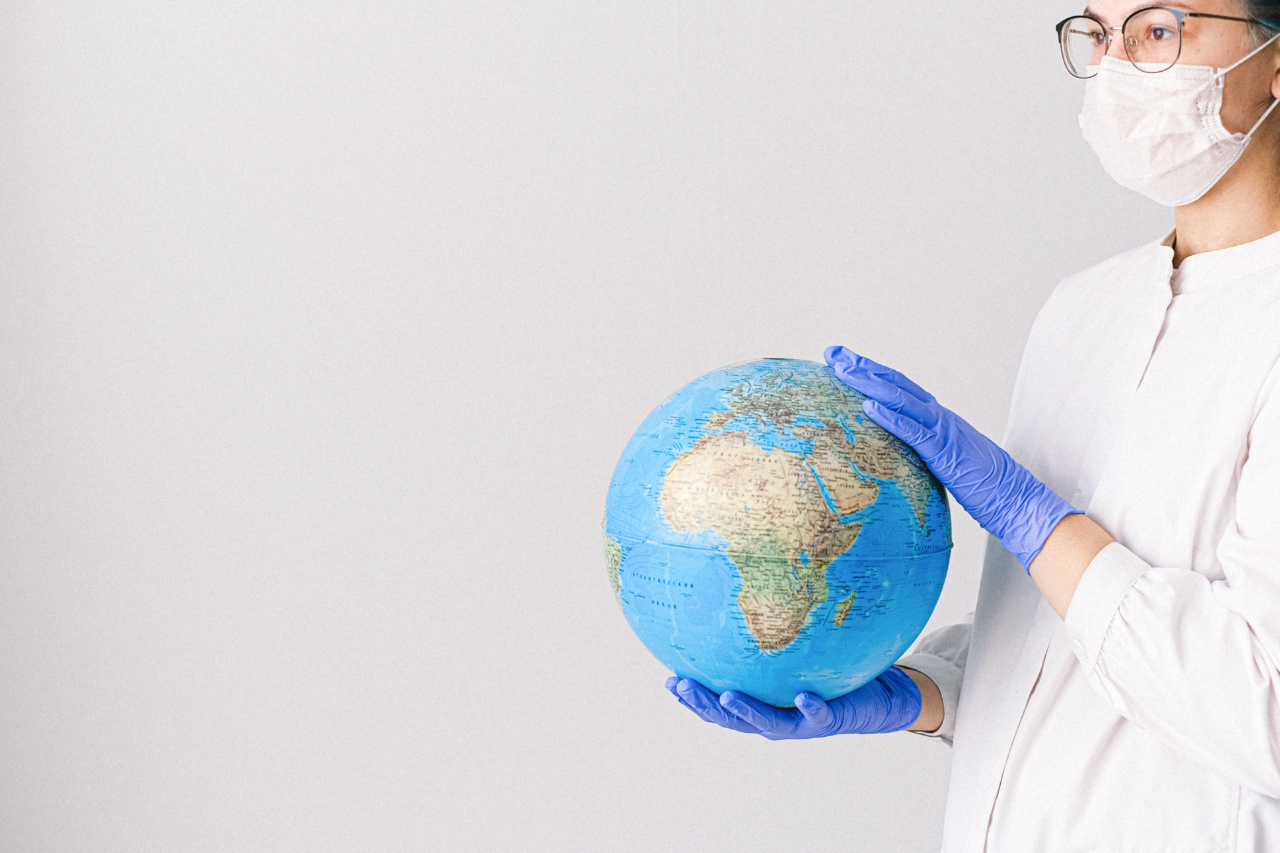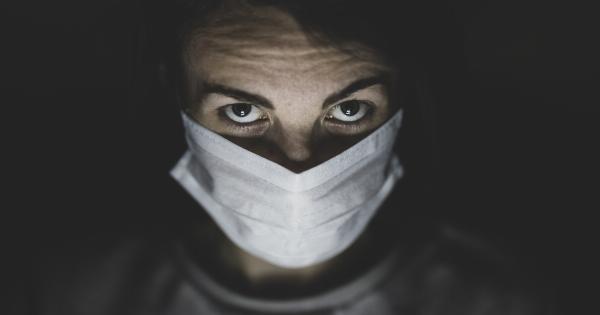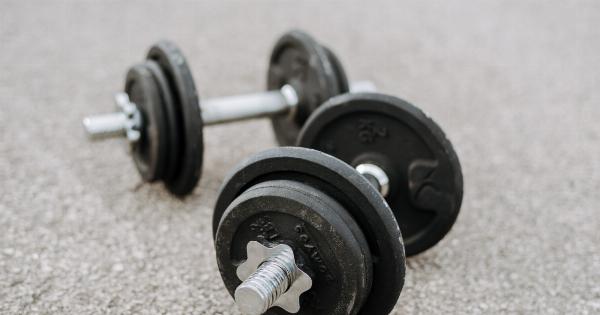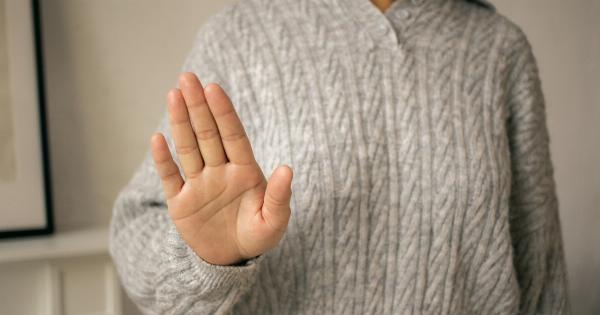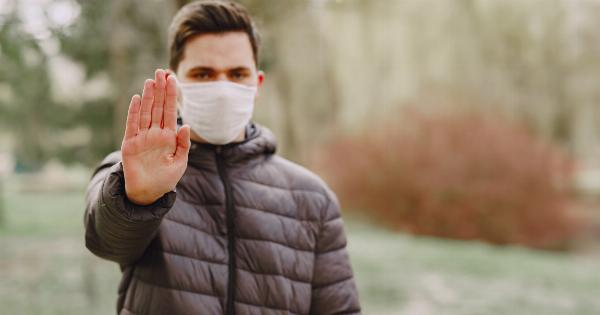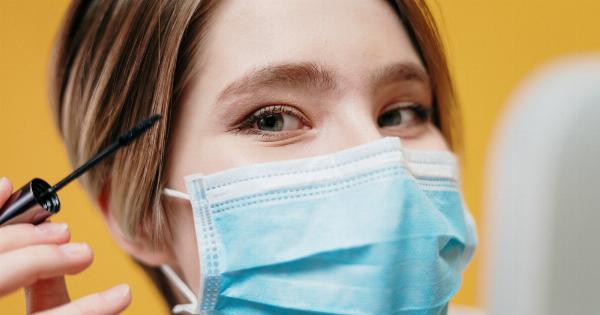In the midst of the global pandemic caused by the novel coronavirus, everyone is looking for ways to protect themselves and minimize the risk of getting infected.
While we are all familiar with the importance of wearing face masks and practicing proper hand hygiene, there is another often overlooked tool that could prove to be an effective weapon against the virus – your eyeglasses.
Understanding the Transmission of the Coronavirus
Before we delve into how eyeglasses can potentially help in the fight against the virus, it’s crucial to understand how the coronavirus spreads.
The primary mode of transmission is through respiratory droplets that are expelled when an infected person coughs, sneezes, talks or even breathes heavily. These droplets can either be directly inhaled by others nearby or can land on surfaces, which can be touched by others, facilitating the transmission.
The Risk of Transmission through the Eyes
Recent studies have indicated that the eyes may also serve as a gateway for the virus to enter the body. The virus can infect a person if they touch an infected surface and then touch their eyes, nose, or mouth.
Additionally, respiratory droplets containing the virus can land on the conjunctiva, the thin membrane that covers the front of the eye, leading to infection.
How Eyeglasses Can Help Reduce the Risk
Wearing eyeglasses can provide a physical barrier and help prevent the virus from entering the eyes. The glasses act as a shield, reducing the risk of respiratory droplets reaching the eyes and potentially preventing infection through this route.
In addition to providing a physical barrier, eyeglasses can also serve as a reminder not to touch the eyes. Many of us unconsciously touch our faces, including our eyes, throughout the day.
By wearing eyeglasses, we may become more aware of this habit and consciously avoid touching our eyes, reducing the risk of transmission.
Choosing the Right Eyeglasses
Not all eyeglasses provide the same level of protection. To maximize the potential benefits in the fight against the coronavirus, it is important to opt for glasses that cover a large portion of the eyes and provide a snug fit.
Wraparound glasses or goggles offer the best coverage and minimize the risk of respiratory droplets entering from the sides or the top of the glasses.
Proper Care and Maintenance
It is essential to ensure that your eyeglasses are kept clean and free from dirt, dust, and potentially contaminated respiratory droplets. Regularly clean your glasses with mild soap and water or with a suitable eyeglass cleaner.
Avoid using harsh chemicals that could damage the lenses or the frames. Additionally, avoid touching the front of the glasses with your hands, as they may have come into contact with contaminated surfaces.
Other Recommendations for Eye Protection
While eyeglasses can provide an additional layer of protection, they should not be relied upon as the sole preventive measure. It is crucial to continue following the guidelines provided by health authorities to reduce the risk of infection.
Here are some other recommendations:.
1. Wear a face mask:
Wearing a face mask not only helps protect others but also provides some level of protection to the wearer. Choose a mask that fits properly and covers both your nose and mouth.
2. Practice good hand hygiene:
Wash your hands frequently with soap and water for at least 20 seconds. If soap and water are not available, use hand sanitizers with at least 60% alcohol content.
3. Maintain physical distancing:
Keep a safe distance of at least 6 feet from others, especially if they are coughing, sneezing, or not wearing a mask. Avoid crowded places and large gatherings.
4. Avoid touching your face:
Be conscious of the habit of touching your face, particularly your eyes, nose, and mouth. Try to avoid it as much as possible, as it can facilitate the transmission of the virus.
5. Follow proper respiratory etiquette:
Cover your mouth and nose with a tissue or your elbow when coughing or sneezing. Dispose of used tissues immediately and wash your hands afterwards.
Conclusion
In the battle against the coronavirus, every precautionary measure counts. While eyeglasses may not provide foolproof protection, they can serve as an additional tool to reduce the risk of transmission through the eyes.
Pairing the use of eyeglasses with other preventive measures such as wearing face masks, practicing good hand hygiene, and maintaining physical distancing can significantly contribute to keeping yourself and others safe during these challenging times.
